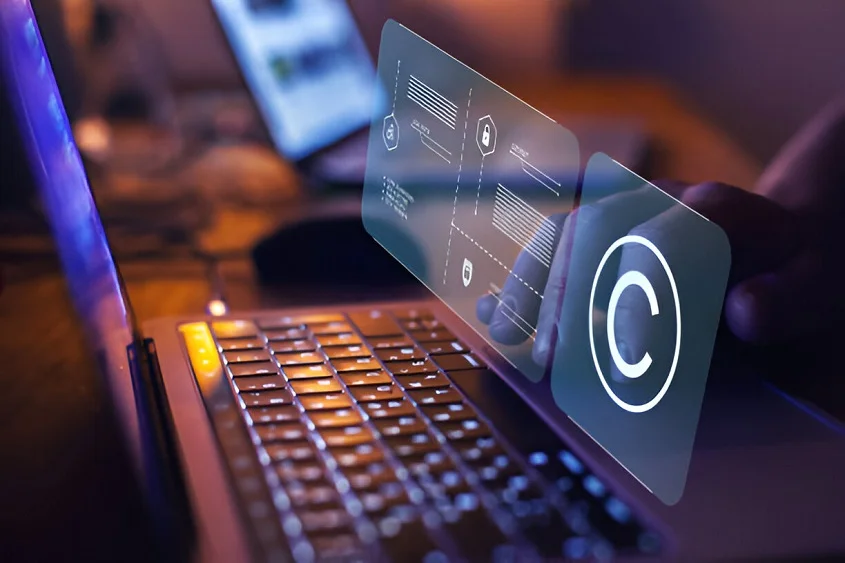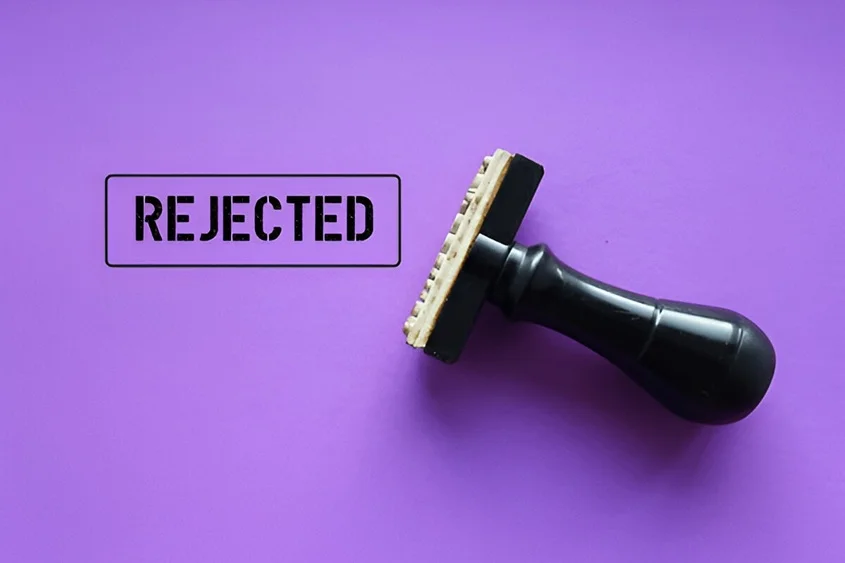Intellectual Property in the Medical Device Industry
- Updated on: Jan 11, 2025
- Read 5 minutes
- Published on Jan 11, 2025
Protecting medical device innovations and branding through patents, trademarks, copyrights, and trade secrets is crucial in the competitive medical device industry. Learn the importance and benefits of IP in the medical device industry.
Intellectual property (IP) plays a crucial role in the medical device industry. Patents, trademarks, copyrights, and trade secrets can all be used to protect the innovations and branding of medical device companies. Patents can protect the unique design and function of a medical device, trademarks can protect the brand name and logo, copyrights can protect any written or artistic materials, and trade secrets can protect confidential information. Having strong IP protection can give medical device companies a competitive advantage and provide a barrier to entry for potential competitors.
There are four main types of intellectual property (IP) that can be used to protect medical devices: patents, trademarks, copyrights, and trade secrets. Patents protect the unique design and function of a medical device, allowing the patent holder to prevent others from making, using, or selling the device for a certain period of time. Trademarks protect the brand name and logo of a medical device, preventing others from using similar names or logos that could cause consumer confusion. Copyrights protect any written or artistic materials associated with a medical device, such as user manuals or packaging designs. Trade secrets protect confidential information about a medical device, such as its manufacturing process or ingredients.
Patents and the Medical Device Industry
Patents are an important form of intellectual property (IP) in the medical device industry. A patent is a legal monopoly granted by the government that allows the patent holder to prevent others from making, using, or selling the patented invention for a certain period of time, usually 20 years from the date of filing. In the context of the medical device industry, patents can be used to protect the unique design and function of a medical device.
There are three types of patents that can be obtained for medical devices: utility patents, design patents, and plant patents.
- Utility patents are granted for the functional aspects of a medical device, such as its composition, structure, or method of operation.
- Design patents are granted for the ornamental design of a medical device, such as its shape or appearance.
- Plant patents are granted for asexually reproduced plants that are new, distinct, and reproducible.
Obtaining a patent for a medical device can provide significant benefits for a company, such as the ability to prevent competitors from making, using, or selling the device, the ability to license the patent to others, and the ability to attract investors. Additionally, having a patent portfolio can also improve a company’s bargaining power and increase its value. However, the process of obtaining a patent can be complex and costly, and it’s important to work with a patent attorney who has experience in the medical device industry.
Trademarks and the Medical Device Industry
Trademarks are an important form of intellectual property (IP) in the medical device industry. A trademark is a sign, symbol, or word that is used to identify and distinguish the goods or services of one company from those of another. In the context of the medical device industry, trademarks can be used to protect the brand name and logo of a medical device, preventing others from using similar names or logos that could cause consumer confusion.
Obtaining a trademark for a medical device can provide significant benefits for a company:
- Such as the ability to prevent competitors from using a similar brand name or logo,
- The ability to establish a reputation and build trust with consumers,
- And the ability to attract investors.
- Additionally, having a strong trademark can also improve a company’s bargaining power and increase its value.
To register a trademark, it is necessary to file an application with the government’s trademark office, the United States Patent and Trademark Office (USPTO), and meet certain requirements such as being distinctive, not being similar or identical to existing trademarks, and being used in commerce. It is important to work with a trademark attorney who has experience in the medical device industry, as the process of obtaining a trademark can be complex and time-consuming.
Copyrights and the Medical Device Industry
Copyrights are an important form of intellectual property (IP) in the medical device industry. A copyright is a legal monopoly granted by the government that allows the copyright holder to prevent others from reproducing, distributing, or displaying the copyrighted work for a certain period of time, usually the life of the author plus 70 years. In the context of the medical device industry, copyrights can be used to protect a wide range of materials associated with a medical device, such as software, user manuals, packaging designs, and other written or artistic materials.
Obtaining a copyright for a medical device can provide significant benefits for a company:
- Such as the ability to prevent others from reproducing, distributing, or displaying the Copyrighted work without permission,
- The ability to license the copyrighted work to others, and the ability to attract investors.
- Additionally, having a portfolio of copyrighted works can also improve a company’s bargaining power and increase its value.
To register a copyright, it is necessary to file an application with the government’s copyright office, the United States Copyright Office (USCO), and meet certain requirements such as being original, being fixed in a tangible medium of expression and being created by a human. It is important to work with a copyright attorney who has experience in the medical device industry, as the process of obtaining a copyright can be complex and time-consuming
Trade Secrets and the Medical Device Industry
Trade secrets are an important form of intellectual property (IP) in the medical device industry. A trade secret is any information that is not generally known or reasonably ascertainable by others, and is the subject of efforts that are reasonable under the circumstances to maintain its secrecy. In the context of the medical device industry, trade secrets can be used to protect confidential information about a medical device, such as its manufacturing process, ingredients, or other proprietary information.
Trade secrets can provide significant benefits for a company in the medical device industry:
- such as the ability to protect confidential information and maintain a competitive edge in the market,
- the ability to attract investors, and the ability to increase the value of the company.
- Additionally, trade secrets can provide a company with an alternative to traditional forms of IP protection such as patents or trademarks, which may be more difficult or expensive to obtain.
To protect trade secrets, it is important to have strict confidentiality agreements and non-disclosure agreements in place, as well as physical and electronic security measures to prevent unauthorized access or disclosure of the trade secret. It is also important to work with a lawyer who has experience in trade secret law, as there are different laws and regulations that apply to the protection of trade secrets in the different countries, and the process of protecting trade secrets can be complex and time-consuming.










No comment yet, add your voice below!